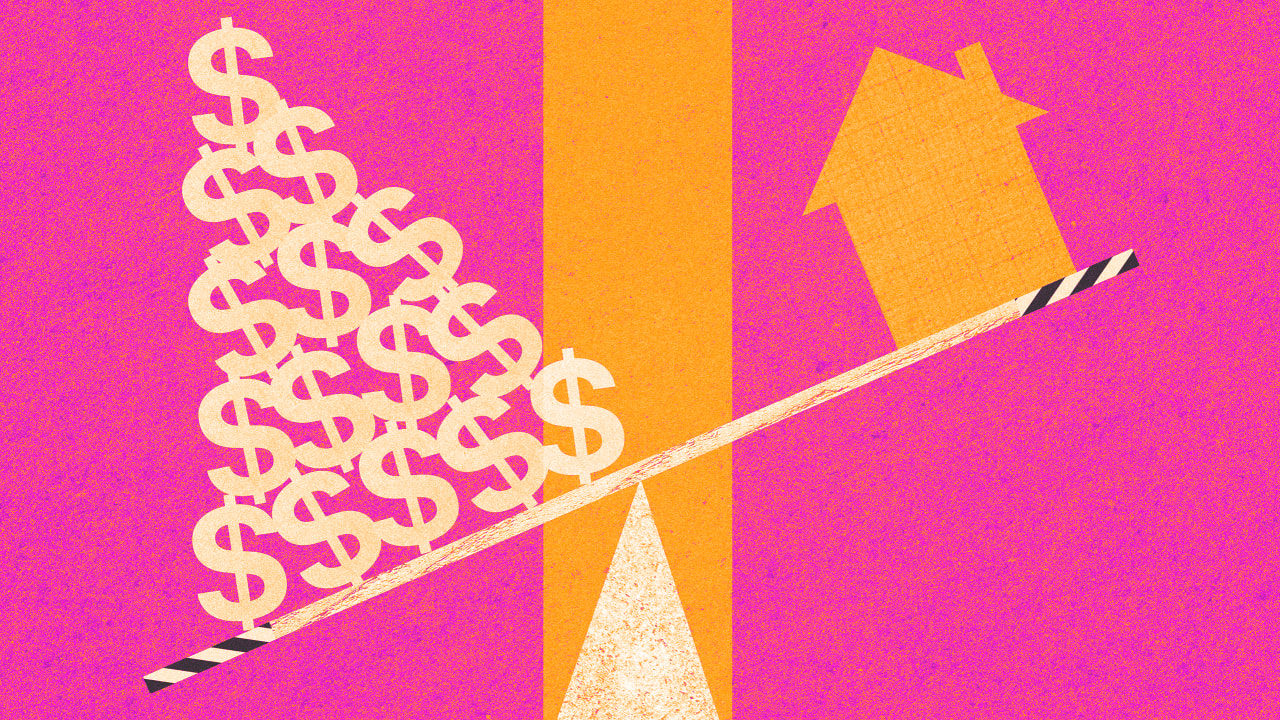Sex toy makers are just weathering the storm

Sextech has always operated without the safety nets most industries take for granted, and because of this, entrepreneurs in the space have become experts at navigating structural barriers. Whether in the face of ad bans, payment processor restrictions, social taboos, regulatory gray areas, or even economic downturns, sexual wellness brands have continued to innovate and expand the market, which was estimated at $42.6 billion in 2024 and is projected to reach $82 billion by 2030.
But in 2025, with President Trump’s ongoing trade war with China creating economic whiplash, sextech brands are scrambling to adapt.
“It’s incredibly difficult to create a strategy during times of economic volatility because it’s impossible to predict what will happen next,” says Polly Rodriguez, cofounder and CEO of sexual wellness brand Unbound, whose products are manufactured in China. “Any long-term strategy is null and void. So instead, we’ve stayed . . . nimble, working closely with our manufacturers and freight forwarders to respond to daily changes in trade policy.”

To help absorb the cost increases that tariffs have levied on her business, Rodriguez says she’s started bundling freight costs, cutting back on packaging, and sending goods via slower carrier methods. Right now, tariffs on Chinese-made goods stand at 51%, but that could balloon to 145% if a trade deal is not reached by August 12.
Either way, Rodriguez says there won’t be any going back to business as usual. “If the first 100 days of this administration have taught me anything, it’s to expect nothing but sheer chaos,” she says. “I’m not expecting any long-term stability anytime soon.”
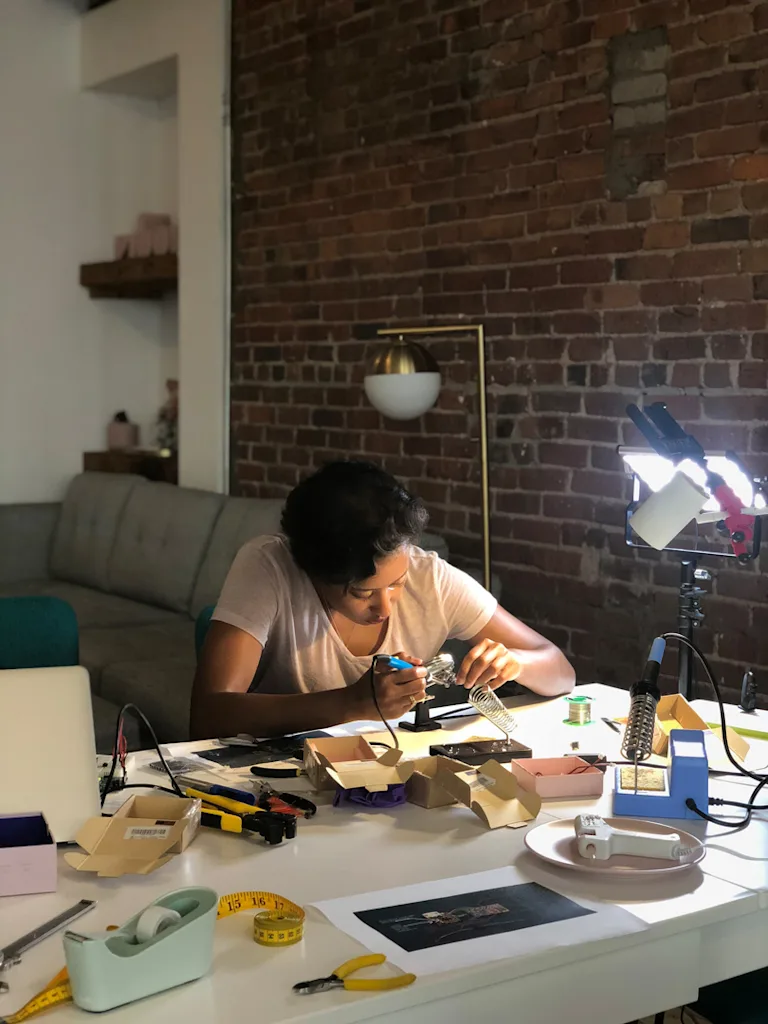
Today’s political and economic climate has become even more challenging by the global reality of manufacturing: Most of it happens overseas. An estimated 70% to 80% of the world’s sex toys are made in China. That includes the raw materials sourced from mainland China, not to mention the custom molds, which are too heavy to transport stateside.
“Currently, there is just nowhere else in the world that can manufacture the goods we make anywhere close to the level that China can,” Rodriguez says. “It does not make financial or economic sense to move our manufacturing out of China, and I think anyone worth their salt in the adult industry would agree with me.”
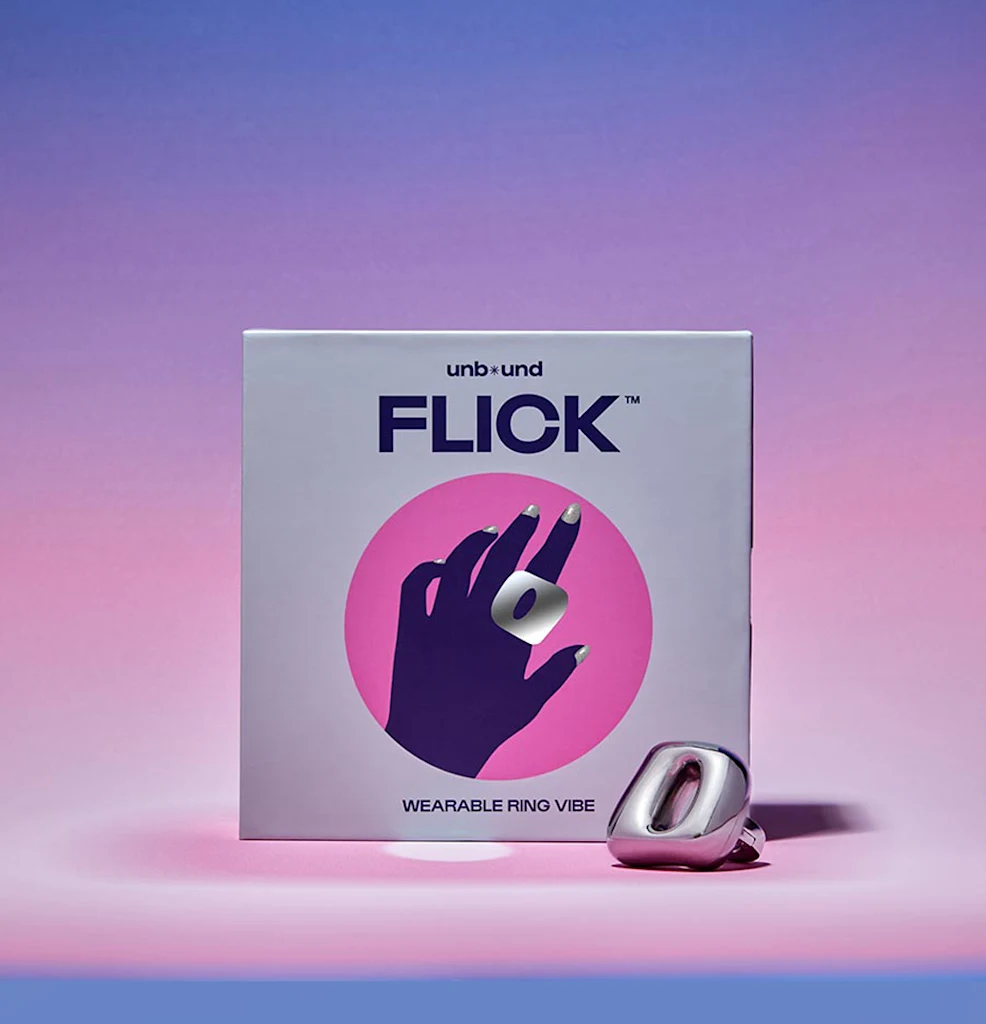
Still, she insists this crisis has only strengthened her relationships with suppliers. “Over the last nine years, we’ve developed lasting relationships with the individuals who run these manufacturing facilities,” Rodriguez says. “They are an extension of our company, and there would be no Unbound without them. We share holiday greeting cards, baby and vacation photos, and look forward to visiting them every year in Shenzhen. We care not only about their businesses but about them as individuals, as our partners and friends.”
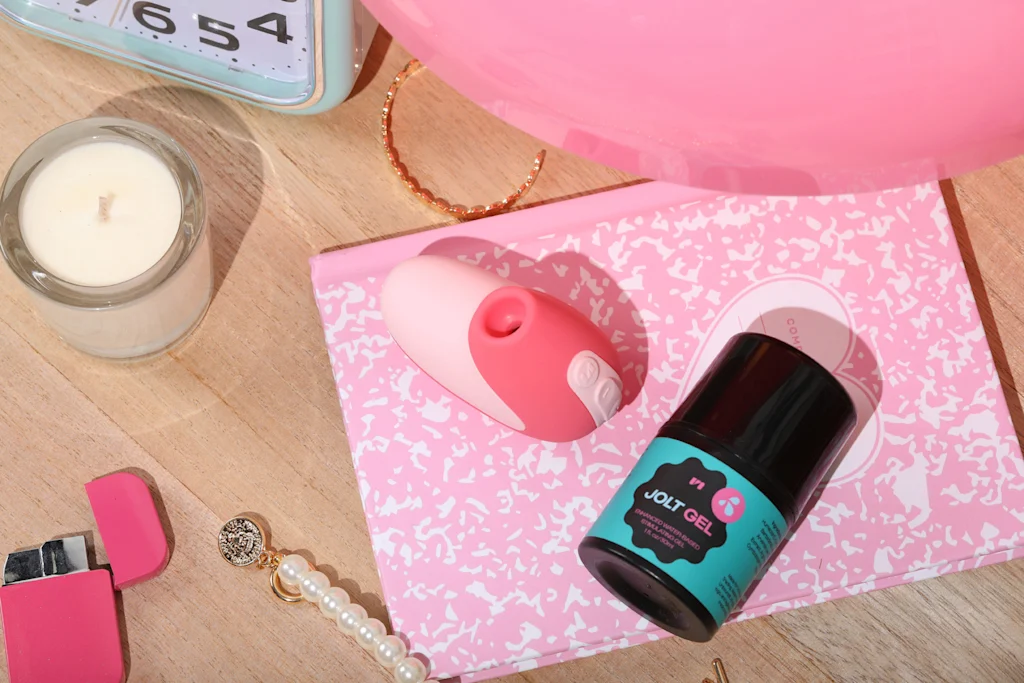
An industry “under attack”
While founders like Rodriguez are weathering the economic turbulence, a broader conservative resurgence, particularly in the U.S., is impacting sexual wellness brands as well. “We’re seeing brands in this space really struggle right now,” says Bryony Cole, sextech founder and global trends expert. “Whether it’s Sephora pulling back from their sexual wellness section or investors becoming more cautious, anything tied to sexuality or bodily autonomy feels under attack right now.”
For an industry that was finally gaining mainstream legitimacy, breaking into national retailers and riding the tailwinds of the MeToo movement, today’s cultural climate feels like a sharp reversal to the progress made over the past decade. “There was this influx of optimism and innovation 10 years ago,” Cole recalls. “We thought female-founded brands were finally going to make it. But today, it’s more like we’re operating in the shadows, just trying to withstand the storm.”
And though Cole notes that sextech has never operated in a truly stable environment, the difference now is the scale and intensity of that volatility. Cole, who founded Sextech School, a pre-accelerator designed for entrepreneurs, job seekers, and investors entering the sextech market, points to a wave of diversification as founders explore digital education, alternative revenue streams, and community-based funding strategies.
“At Sextech School, we think a lot about how to move beyond just delivering physical products,” Cole says, noting that there are online programs and new verticals available. “People are getting smarter by necessity and fostering more support for one another within our community.”
But lean operations are only part of the survival equation. So is faith in the long arc of cultural progress and the staying power of sexual wellness. “In 1970, only 1% of women used vibrators,” Rodriguez says. “Today, it’s over 65%. That trajectory doesn’t reverse just because a bunch of old white men are uncomfortable with us enjoying our bodies.”
Still, neither Cole nor Rodriguez is naive about what lies ahead. Cole worries that many small businesses won’t survive the combined pressures of economic chaos and social regression. “It’s tough to predict,” she says. “But I always talk about ‘through-topia,’ the idea that even amid dystopia and utopia, some incredible things can still emerge. . . . We just have to hold the line and keep going.”
What's Your Reaction?
 Like
0
Like
0
 Dislike
0
Dislike
0
 Love
0
Love
0
 Funny
0
Funny
0
 Angry
0
Angry
0
 Sad
0
Sad
0
 Wow
0
Wow
0






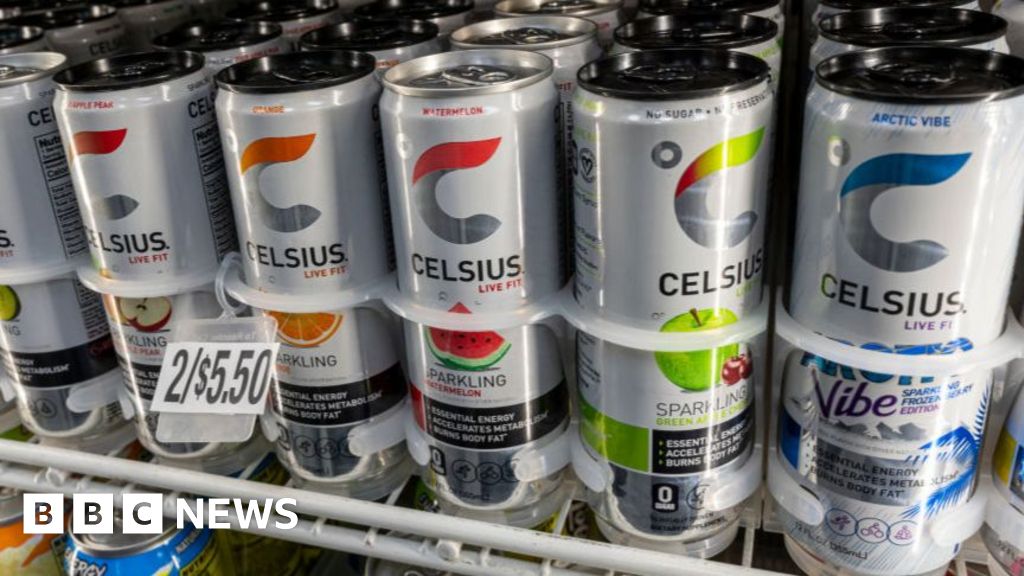




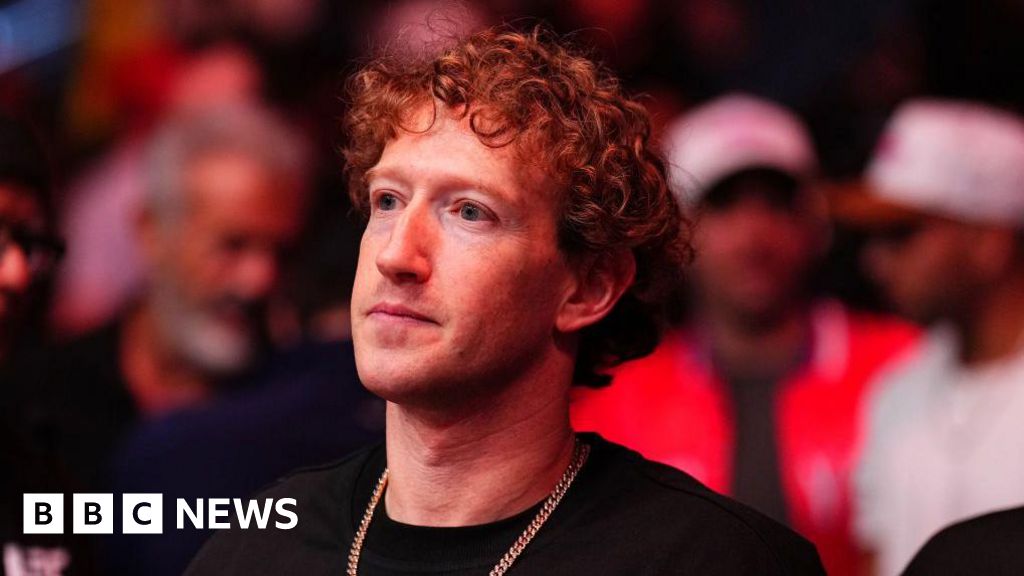






















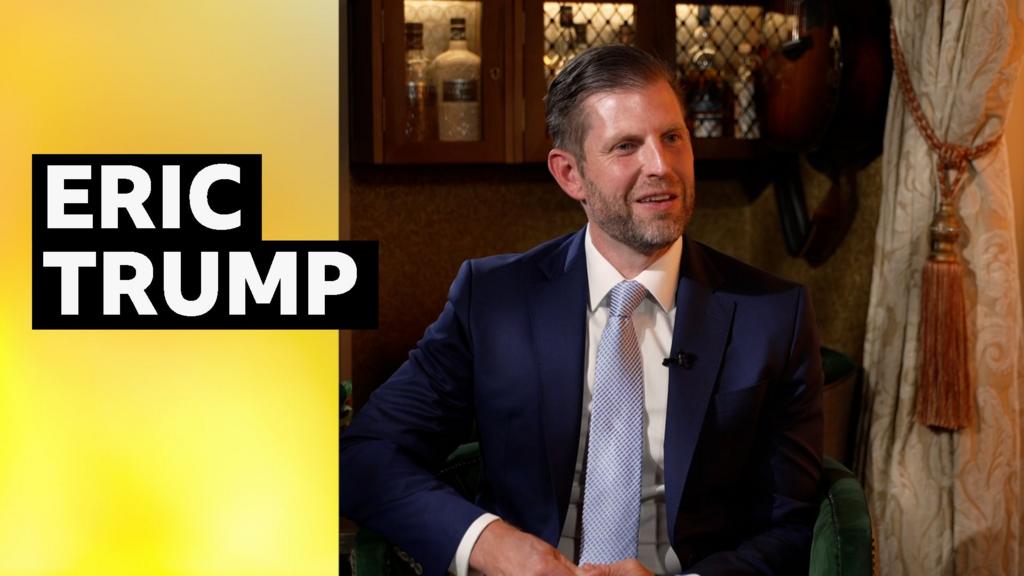




















![The Challenge Premiere: Cara Maria Sorbello Breaks Down That ‘Wild’ First Challenge, Why [Spoiler] Was Eliminated](https://tvline.com/wp-content/uploads/2025/07/the-challenge-vets-and-new-threats-premiere.png?#)






























